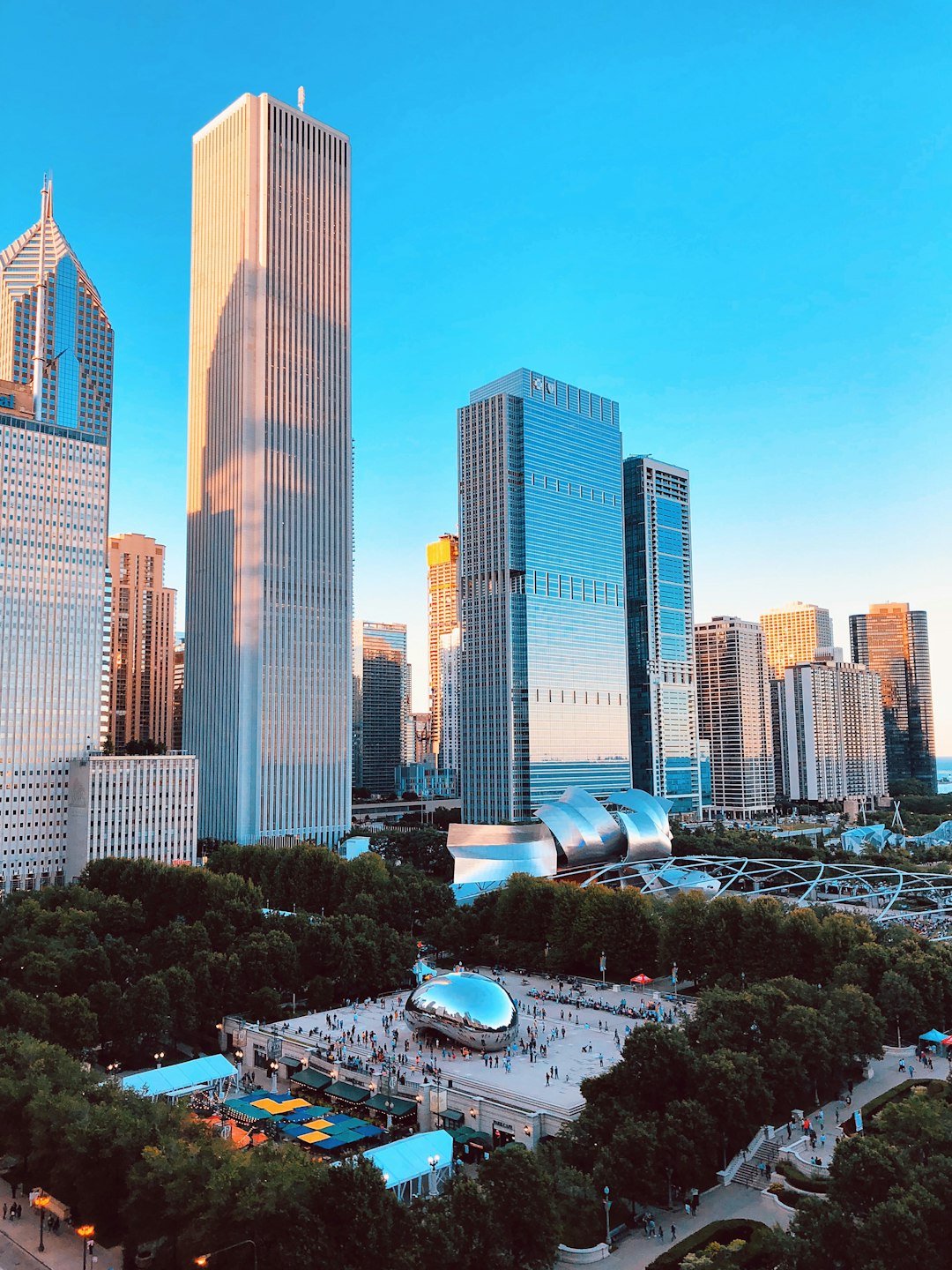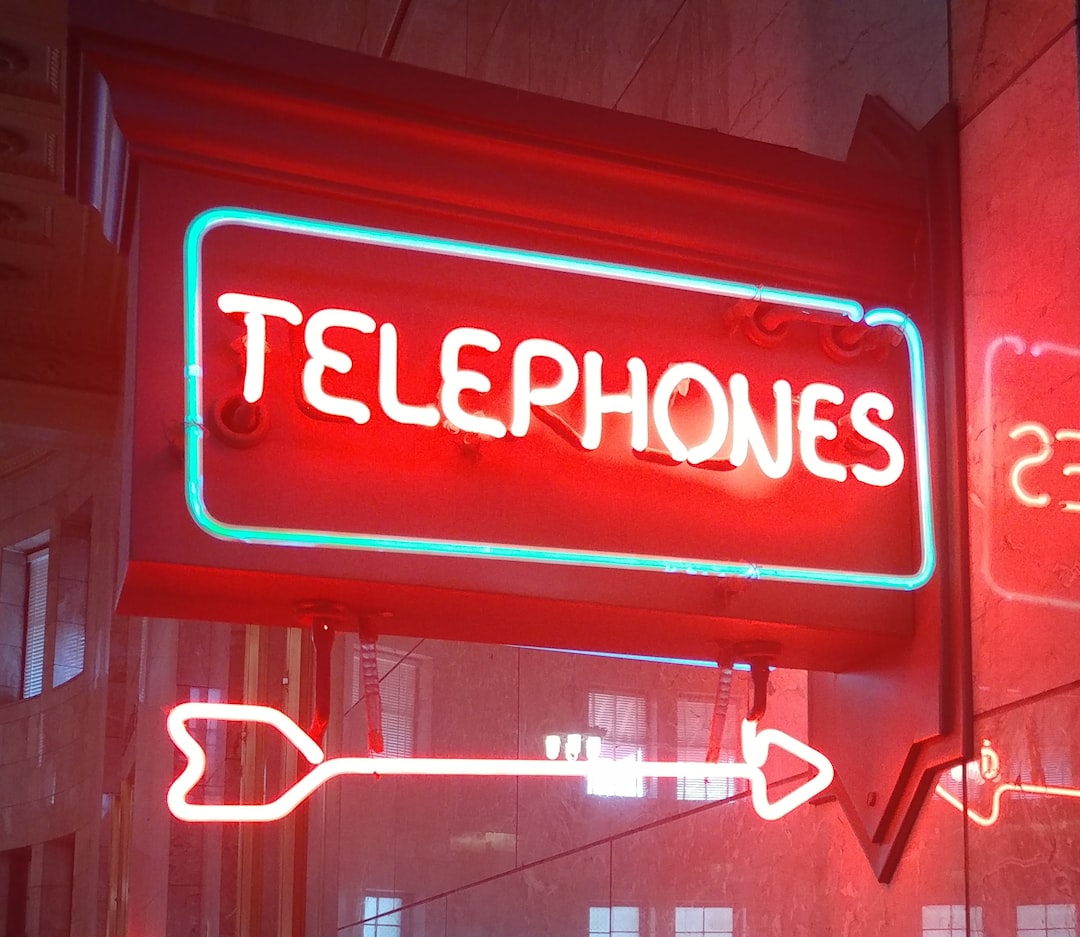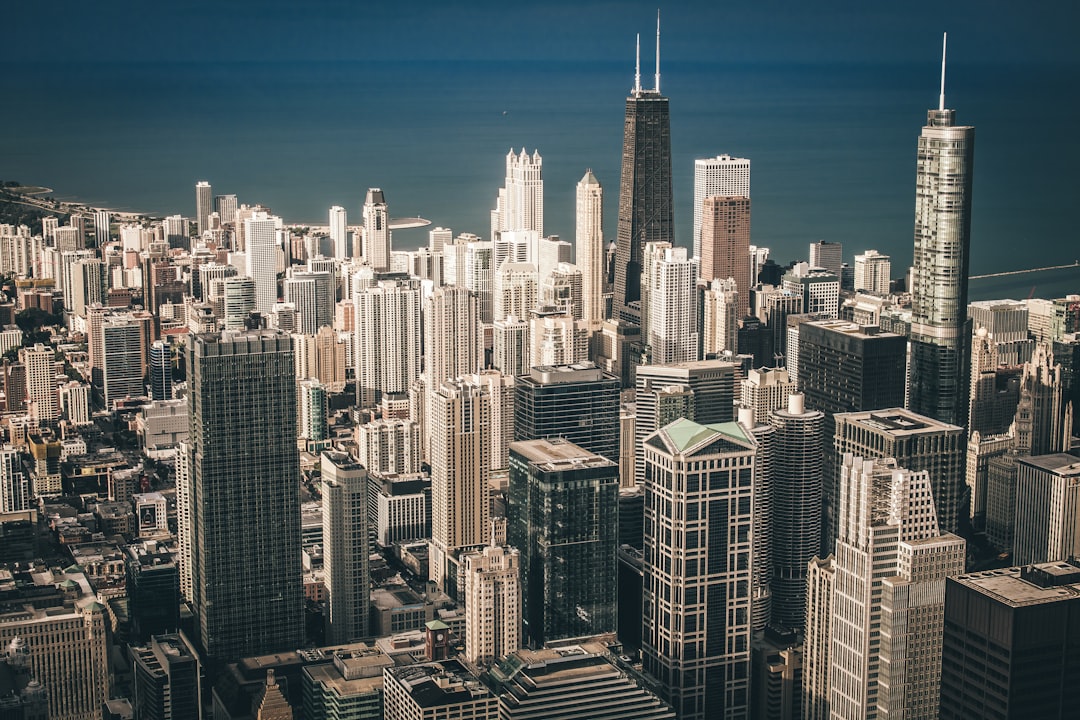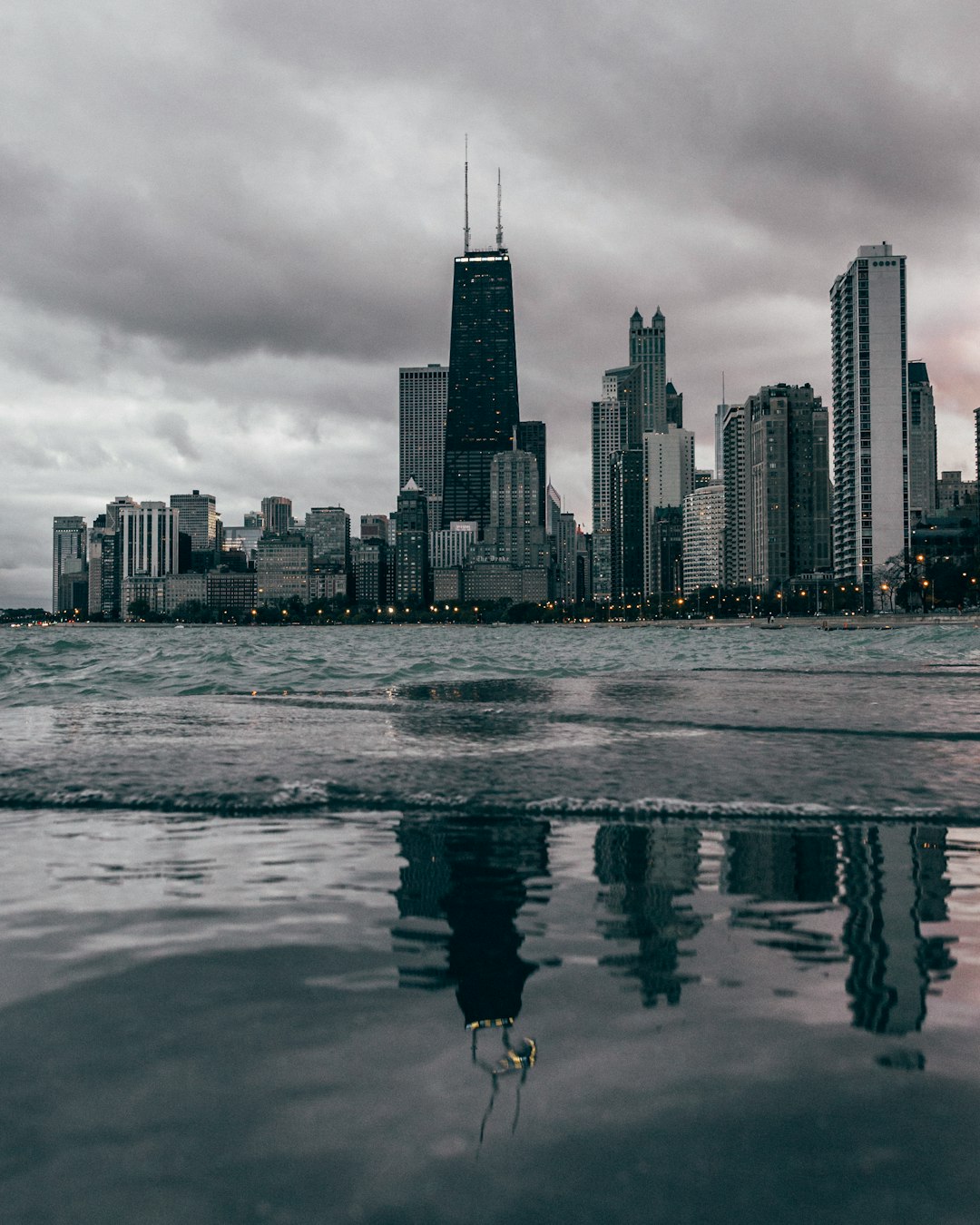Chicago's strict telemarketing laws, including the Illinois Consumer Telephone Protection Act and TCPA guidelines, empower residents to control commercial calls through "do not call" registries. Businesses, especially law firms, are adopting alternative marketing strategies to respect privacy. Specialized Do Not Call Lawyers Chicago and Do Not Call Attorneys Chicago guide companies on compliance. With upcoming changes focusing on enhanced consumer protection, businesses must adapt marketing strategies, refining data acquisition practices for explicit client consent. Law firms should concentrate on targeted, permission-based advertising to maintain integrity and accessibility in this evolving landscape. Legal expertise helps avoid legal issues, builds customer trust, and maintains a professional reputation.
“The future of telemarketing is here—Chicago is at the forefront of shaping regulations that will define customer interactions in the digital age. With a closer look at the city’s current landscape, this article explores how existing laws, particularly concerning Do Not Call lists, are transforming the way businesses engage with consumers. We delve into anticipated changes, their implications for both companies and customers, and provide insights for navigating Chicago’s evolving telemarketing legalities, assisted by expert advice from top Do Not Call lawyers in Chicago.”
Understanding Chicago's Current Telemarketing Landscape: A Look at Existing Laws and Their Impact

Chicago’s telemarketing landscape is governed by a series of laws designed to protect residents from intrusive and unwanted calls, often referred to as “do not call” regulations. These rules are in place to ensure that consumers have control over their phone privacy, especially when it comes to commercial or sales calls. The primary piece of legislation here is the Illinois Consumer Telephone Protection Act, which mirrors federal guidelines set by the Telemarketing and Consumer Fraud and Abuse Prevention Act (TCPA). Both sets of laws prohibit automated or prerecorded calls to individuals on a state “do not call” registry unless the caller obtains prior express consent.
This has significant implications for businesses engaging in telemarketing activities in Chicago, especially law firms and legal professionals who often use such methods for client outreach. Those found violating these rules can face substantial fines, with each violation potentially costing up to $500 or more per call. As a result, many lawyers and attorneys in Chicago are turning to alternative marketing strategies that respect consumer choices and avoid the pitfalls of these strict regulations. A lawyer specializing in “do not call” compliance in Chicago can offer guidance on navigating this complex legal territory.
The Rise of Do Not Call Lists: How They Shape Customer Interactions in Chicago

In recent years, the concept of “Do Not Call” lists has gained significant traction in Chicago, reflecting a broader national trend. These curated lists, often maintained by both governmental bodies and private organizations, serve as a powerful tool to protect consumers from unwanted telemarketing calls. With a simple registration process, Chicago residents can opt-out of receiving sales or promotional calls, fostering a sense of control over their personal communication preferences. The rise of these lists has led to a shift in customer interactions, encouraging telemarketers and sales teams to adopt more targeted and respectful approaches.
For those seeking legal counsel, the existence of Do Not Call lists presents both opportunities and challenges. A lawyer for Do Not Call Chicago can help businesses navigate these regulations, ensuring they comply with local laws while also advising on strategies to reach potential clients in a compliant manner. This balance is crucial, especially with the ever-evolving nature of telemarketing practices, ensuring that businesses can maintain effective outreach methods while respecting consumers’ rights.
Future Regulations: Predicting Changes and Their Implications for Businesses and Consumers

As Chicago’s telemarketing landscape evolves, future regulations are poised to bring significant changes. Predictions indicate a tighter grip on caller identification and do-not-call lists, with more stringent penalties for violations. These shifts target not only telemarketers but also businesses relying on outbound calls, especially law firms and legal professionals in Chicago. With the rise of technology, regulators aim to enhance transparency and protect consumers from unwanted solicitations.
The implications for businesses are far-reaching. Companies must adapt their marketing strategies, ensuring compliance with updated rules. This may involve refining data acquisition practices and obtaining explicit consent from clients. For law firms seeking to reach potential clients, a focus on targeted, permission-based advertising will be crucial. By embracing these changes, Chicago-based legal entities can maintain integrity while navigating the evolving telemarketing regulatory environment, ensuring they remain accessible to those in need of legal services without becoming a nuisance.
Navigating the Legalities: Ensuring Compliance with New Telemarketing Rules in Chicago

Navigating the legalities surrounding telemarketing in Chicago requires businesses to stay informed and compliant with evolving regulations. With strict rules against unsolicited calls, companies must ensure they have the necessary permissions before reaching out to potential clients. A “Do Not Call” lawyer in Chicago or an attorney specializing in this area can guide businesses through these complexities, helping them understand when and how to make legal telemarketing calls while respecting consumer privacy and preferences.
For organizations operating within Chicago’s jurisdiction, understanding the local laws is paramount. This includes recognizing exemptions for certain types of calls, such as those from non-profit organizations or government agencies, and ensuring adherence to do-not-call lists and opt-out mechanisms. By employing a lawyer focused on “Do Not Call” regulations in Chicago, businesses can avoid legal repercussions and build trust with their customers.






